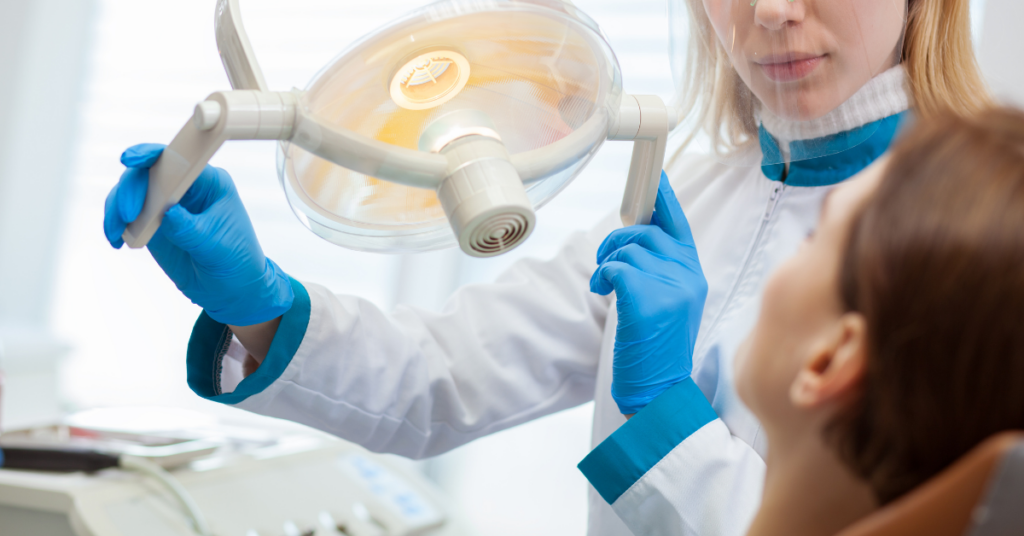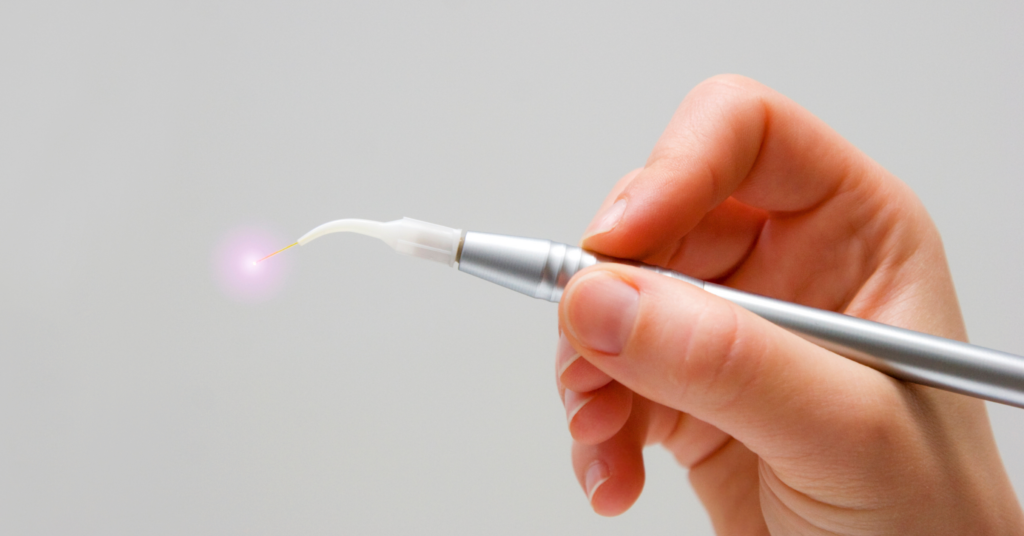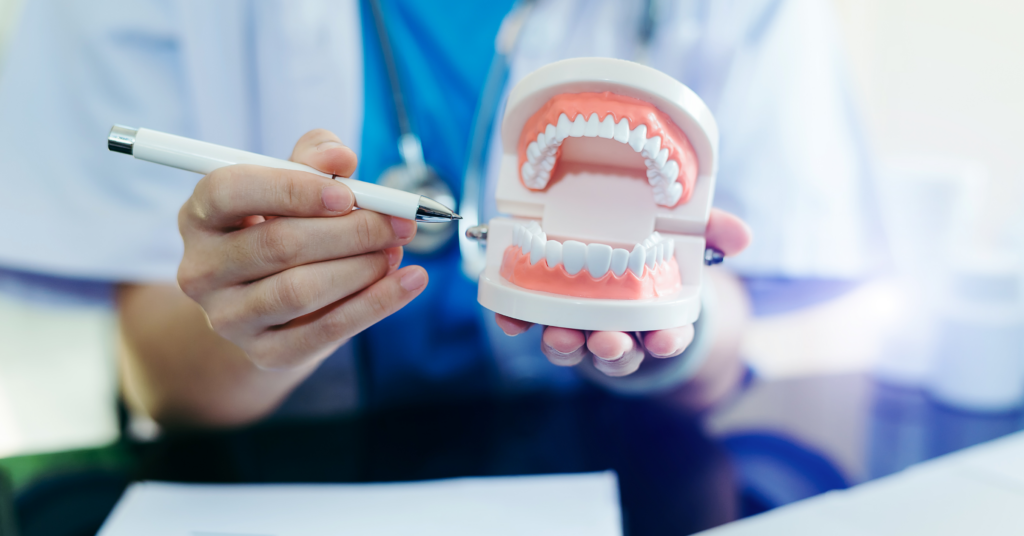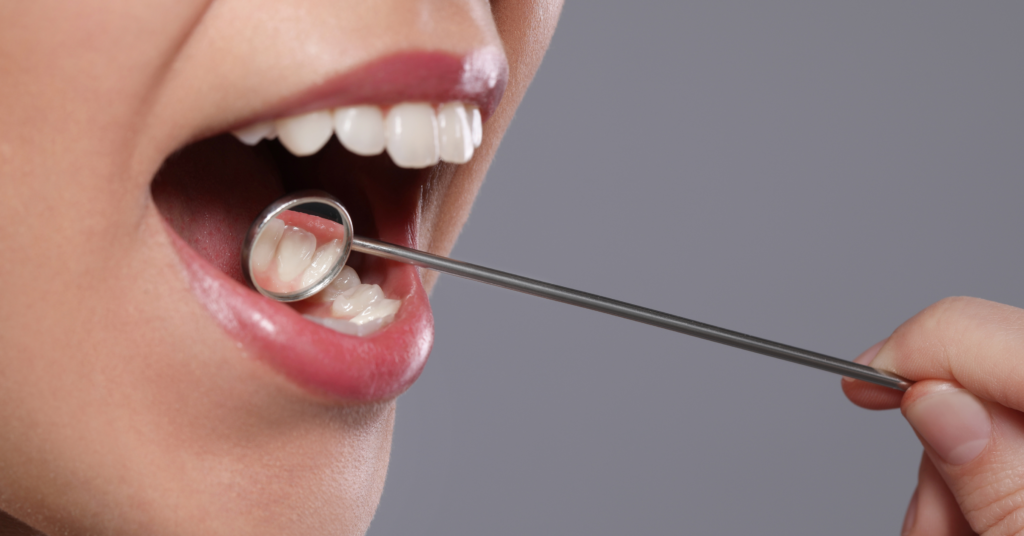Is Laser Periodontal Treatment Effective?

Laser periodontal treatment is a non-invasive, minimally invasive technique for treating gum disease. It involves the use of laser energy to remove bacteria, plaque, and tartar from below the gumline, which can lead to a number of oral health problems, including gum disease and tooth loss.
This type of treatment is becoming increasingly popular among dental professionals and patients alike, as it offers many advantages over traditional methods such as scaling and root planing (SRP). In this article, we will explore the benefits, costs, and risks associated with laser periodontal treatment, to help you make an informed decision about whether or not it is the right choice for you.
What is laser periodontal treatment and how does it work?

Laser periodontal treatment uses laser energy to target and remove the buildup of plaque and tartar below the gumline. The laser energy effectively vaporizes the bacteria, plaque, and tartar, leaving the surrounding tissue unharmed.
This allows the dentist to more effectively and efficiently remove harmful bacteria and debris from the affected area. The laser also stimulates the production of growth factors, which can help to speed up the healing process and reduce inflammation.
Many patients who have experienced anxiety about traditional dental procedures have found comfort in the minimally invasive nature of laser periodontal treatments. If you experience dental anxiety, it’s important to understand ways to cope and discuss your concerns with your dentist.
Who is a good candidate for laser periodontal treatment?
Laser periodontal treatment is ideal for individuals who have mild to moderate gum disease and are looking for a minimally invasive alternative to traditional scaling and root planing (SRP). Good candidates for this type of treatment include individuals with healthy gums who are looking to maintain good oral health, as well as those who are looking to treat early-stage gum disease.
However, it is important to note that laser periodontal treatment is not suitable for everyone. Individuals with severe gum disease or a history of gum disease may need more intensive treatment, such as SRP or other surgical procedures. Those with braces need to be particularly cautious about gum health due to the challenges in cleaning around the brackets. Find out more about oral hygiene for braces to maintain optimal gum health.
What are the benefits of laser periodontal treatment over traditional methods like scaling and root planing (SRP)?
There are several benefits to laser periodontal treatment over traditional methods such as scaling and root planing (SRP). One of the main advantages is that laser periodontal treatment is less invasive and less painful than SRP. Additionally, laser periodontal treatment allows for a more precise and controlled removal of bacteria and plaque, reducing the risk of tissue damage and helping to speed up the healing process. Laser periodontal treatment also has a lower risk of complications and typically requires less downtime than SRP.
How much does laser periodontal treatment cost compared to other treatment options?
The cost of laser periodontal treatment can vary depending on several factors, including the severity of the gum disease, the complexity of the procedure, and the location of the dental practice. On average, laser periodontal treatment is typically more expensive than traditional scaling and root planing (SRP).
However, many dental insurance plans cover some or all of the costs associated with laser periodontal treatment, so it is important to check with your insurance provider to see if the procedure is covered.
Are there any risks?

Are there any risks associated with laser periodontal treatment that I should be aware of before making a decision whether or not to undergo the procedure?
As with any medical procedure, there are some risks associated with laser periodontal treatment. The most common risks include pain, swelling, and bleeding at the treatment site, as well as the possibility of an allergic reaction to the laser. In rare cases, the laser energy may cause damage to the surrounding tissue, which can result in the need for further treatment. It is important to discuss any concerns or questions you may have with your dentist prior to undergoing laser periodontal treatment. If you have or are considering dentures, it’s crucial to understand all potential treatment options, including how laser treatments might interact. Explore dental treatment options for denture patients to get comprehensive insights.
Other Benefits from Laser Periodontal Treatment
In addition to the benefits mentioned above, laser periodontal treatment also offers several other advantages over traditional scaling and root planing (SRP). For example, laser periodontal treatment is often quicker and more efficient, allowing patients to get back to their normal routine more quickly. Additionally, because the laser energy selectively targets bacteria and plaque, there is less need for follow-up visits and the risk of reinfection is reduced.
Another advantage of laser periodontal treatment is that it can help to improve the overall appearance of your gums. By removing plaque and tartar, the laser can help to reduce inflammation and swelling, making your gums look healthier and more attractive.
Additionally, because laser periodontal treatment is minimally invasive, there is less chance of scarring or damage to the gum tissue, which can help to improve the overall appearance of your gums over time.
In terms of the procedure itself, laser periodontal treatment is typically performed under local anesthesia, making it a relatively painless process. During the procedure, the dentist will use a laser handpiece to remove plaque and tartar from below the gumline.
Depending on the severity of the gum disease, the procedure may take anywhere from 30 minutes to an hour or more. Following the procedure, you may experience some discomfort, swelling, or bleeding, but these symptoms should resolve on their own within a few days.
Another important consideration when it comes to laser periodontal treatment is the cost. As mentioned earlier, the cost of the procedure can vary depending on a number of factors, including the complexity of the procedure, the location of the dental practice, and the insurance coverage.
However, because laser periodontal treatment is often more efficient and quicker than traditional scaling and root planing (SRP), the overall cost of the procedure may be lower in the long run. Additionally, many insurance plans cover at least a portion of the costs associated with laser periodontal treatment, so it is always a good idea to check with your insurance provider to see if the procedure is covered.
While considering the costs of various treatments, you might also want to explore cosmetic dental options. Learn more about tooth whitening options to enhance the appearance of your smile.
Finally, it is important to be aware of the potential risks associated with laser periodontal treatment. As with any medical procedure, there is a risk of complications, such as pain, swelling, and bleeding. Additionally, there is a small risk of tissue damage or an allergic reaction to the laser energy. To minimize the risk of complications, it is important to choose a dentist who is experienced and trained in laser periodontal treatment, and to follow all pre- and post-operative instructions carefully.

Conclusion
In conclusion, laser periodontal treatment is a minimally invasive and effective method for treating gum disease. It offers several benefits over traditional scaling and root planing (SRP), including less invasiveness, precision, and quicker healing. With proper care and maintenance, laser periodontal treatment can help maintain and improve your oral health, reducing the risk of further complications. In addition to treatments like laser periodontal procedures, preventative measures like dental sealants play a significant role in maintaining good oral health and protecting teeth from potential issues. If you are considering laser periodontal treatment, it is important to discuss your options with your dentist to determine if it is the right choice for you.
Dr. William Liang is a certified laser assisted natural attachment protocol ( LANAP ) provider. LANAP is an FDA approved procedure for treatment of periodontal disease.
If you’re serious about preserving the health of your gums and overall oral well-being, don’t wait for issues to arise. Our expertise in laser periodontal treatment and commitment to cutting-edge dental technology sets us apart. Entrust your dental care with us to experience the best in the field. Schedule a consultation today at white rock dentist, and take a proactive step towards a healthier, radiant smile.